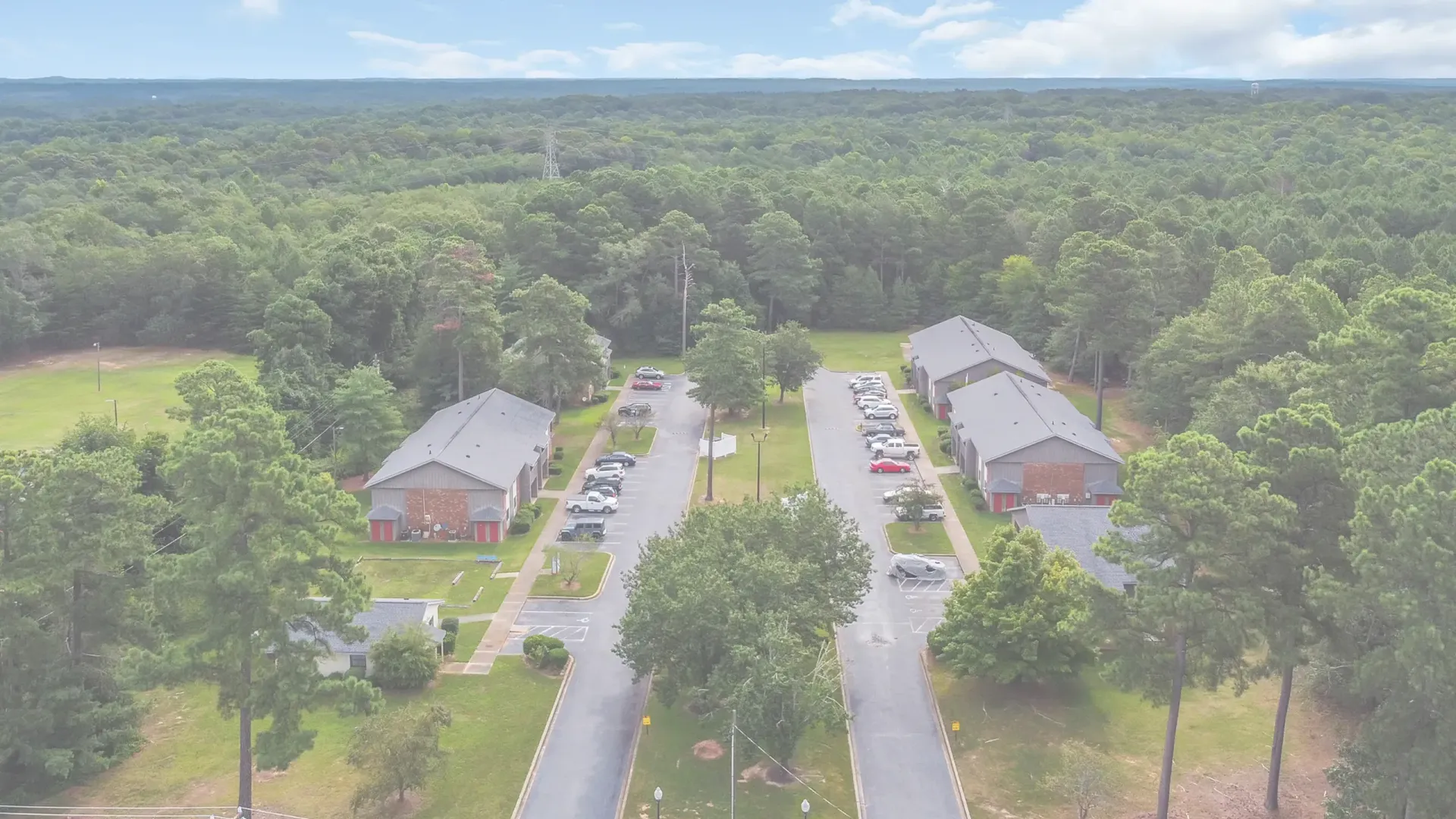We take you on a tour of why leaving Charlotte for Greenville can work for you

If you’re relocating from Charlotte, NC to the Upstate and looking for affordable apartments, here are five key considerations to make your move smoother.
1. Know the rental cost landscape
Charlotte (baseline):
- According to one tracker, the overall average rent in Charlotte is about $1,653/month for apartments in October 2025.
- For a studio: $1,313, one-bedroom, $1,470, two-bedrooms $1,745.
- In certain neighborhoods like the trendy South End, Charlotte: average rents around $1,962/month.
Upstate (Greenville region):
- In Greenville: Average rent across all apartments $1,574 per month for 936 SF.
- Studios $1,266; one-bedrooms $1,446; two-bedrooms $1,644.
- Certain data shows an overall average of $1,278/month.
- But downtown Greenville is considerably higher: $2,874 per month average in the core.
What this means for you:
If you’re moving from Charlotte to the Greenville/Upstate area and renting, you’ll likely find slightly lower or comparable rents
if you avoid the downtown core. For example, if you were paying $1,500 per month for a one-bed in Charlotte, a similar unit outside downtown Greenville might run $1,400–$1,500. But if you want a downtown, walkable apartment in Greenville, you should expect premiums. Of course, if you rent with NOAH Property Management you can get more affordable apartments, but retain great amenities.
2. Choose your neighborhood wisely
In both cities, where you locate within the metro makes a big difference in cost, commute, lifestyle.
In Charlotte:
- Popular among renters: Dilworth ($1,498 average rent per one-bed) – historic, walkable.
- Plaza Midwood and NoDa are also renter magnets: artsy, near nightlife.
- More budget-friendly: Mallard Creek-Withrow Downs (one-bed $1,297; two-bed $1,516) for those okay with a more suburban vibe.
In Greenville / Upstate:
- Popular neighborhoods: Verdae ($1,529 average)
- Overbrook ($1,289 average) and Gower ($1,169 average) are more affordable.
- If you want downtown walkability: Downtown Greenville comes with higher rents ($2,874 average).
Tip: Identify what matters most to you: commute time, walkability/amenities, schools (if applicable), or budget. Then map that to specific neighborhoods.
3. Budgeting beyond rent
When you move, consider the additional factors that affect cost of living beyond just monthly rent:
- Commute/transportation: If you move to a suburb or further out from Greenville or Charlotte centers, you’ll likely rely more on a car, adding fuel/maintenance costs.
- Utilities, parking, amenities: Newer apartments often have higher amenities (gym, pool, clubhouse) and may include fees.
- Lease terms and move-in costs: Be ready for security deposits, first & last month’s rent, and possibly higher insurance or pet fees if applicable.
- Lifestyle differences: The Upstate offers a slower pace and often more space for the money. You might find larger units or more outdoor amenities for the same budget.
4. What you gain (and what you trade)
What you gain:
- Potentially more affordable housing for similar quality (especially outside downtown).
- A strong lifestyle pull: Greenville and the Upstate are known for outdoor access (trails, parks), smaller-city feel, and still good amenities.
- Less congestion (in many cases) and if you prefer a community-centric environment, you might find it here.
What you may trade:
- Fewer ultra-urban options: If you loved Uptown Charlotte’s big-city lifestyle, the Upstate may feel smaller in scale.
- Commute to major corporate hubs: If your job is in Charlotte proper, moving to the Upstate could complicate the commute unless you’re remote or switching jobs.
- Availability & competition: Some desirable neighborhoods in Greenville are seeing rent increases (especially downtown) due to demand.
5. Practical pre-rental steps
- Visit in person (if possible): See apartments and neighborhoods at the actual time/path your daily routine would be. Traffic, transit, noise matter.
- Check the lease length and terms: A 12-month lease is standard, but there may be incentives (free month, lower first month) especially in competitive markets.
- Neighborhood check: Use crime maps, drive around the area, and speak with current residents.
- Budget buffer: Even if rent is lower, moving costs, furnishing a new place, deposits, etc. add up. Factor in a buffer of 2-3 months’ rent if possible.
- Think about job/commute alignment: If you are relocating for work, ensure your new rental aligns with your commute or remote-work setup.
- Flexible space needs: Consider how much space you truly need. The difference between a one-bed and two-bed could be significant in price; both in Charlotte and Upstate.
If you’re moving from Charlotte to the Upstate region of South Carolina, you’ll likely find somewhat better value when renting: particularly outside of downtown cores. With average one-bed rents in Greenville around $1,400–$1,500 vs. Charlotte’s $1,470+ (and two-beds in the $1,600+ range), there’s room to breathe. But if you select a premium neighborhood (Downtown Greenville, South End Charlotte) costs may align with or exceed your previous rent.




